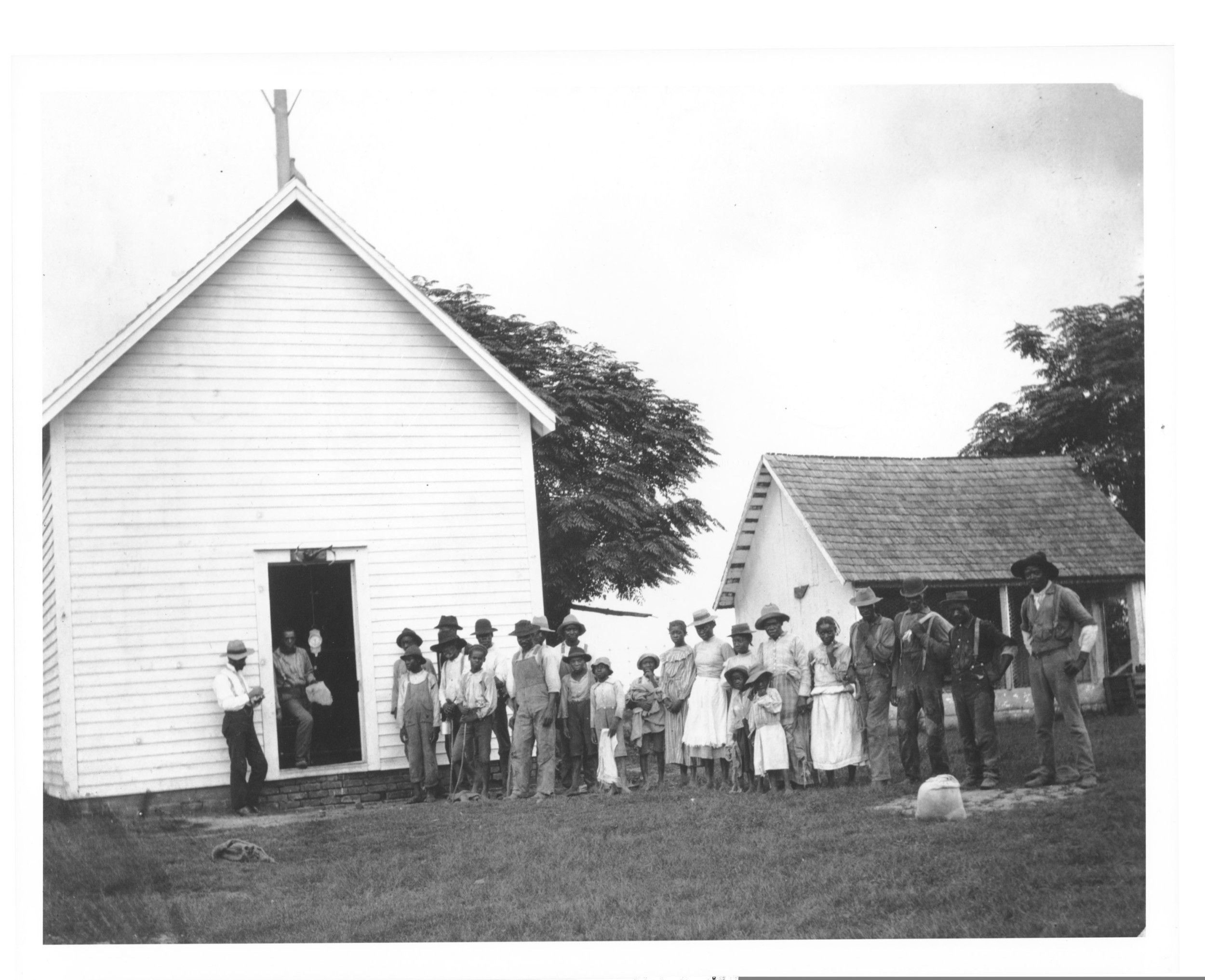Dealing Out Rations in Uniontown, Alabama
Add to Favorites:
Add all page(s) of this document to activity:

President Lincoln’s issuance of the Emancipation Proclamation, the defeat of the Confederate Army, and the passage of the 13th Amendment resulted in the freeing of approximately four million African Americans.
Upon being freed, the formerly enslaved persons faced many challenges. Congress established the Bureau of Refugees, Freedmen, and Abandoned Lands — better known as the Freedmen’s Bureau —within the War Department on March 3, 1865. The Freedmen’s Bureau assisted formerly enslaved persons by legalizing marriages, supplying necessities such as food and clothing, promoting education, witnessing labor contracts between the freedmen and plantation owners or other employers, and settling freedmen on abandoned or confiscated land. This image shows food being distributed in Alabama.
Upon being freed, the formerly enslaved persons faced many challenges. Congress established the Bureau of Refugees, Freedmen, and Abandoned Lands — better known as the Freedmen’s Bureau —within the War Department on March 3, 1865. The Freedmen’s Bureau assisted formerly enslaved persons by legalizing marriages, supplying necessities such as food and clothing, promoting education, witnessing labor contracts between the freedmen and plantation owners or other employers, and settling freedmen on abandoned or confiscated land. This image shows food being distributed in Alabama.
This primary source comes from the Records of the Bureau of Agricultural Economics.
National Archives Identifier: 593616
Full Citation: Photograph 84-F-145-2348; Photograph of the Dealing Out of Rations in Uniontown, Alabama ; Photographs Relating to Farm Management Investigations, 1896 - 1921; Records of the Bureau of Agricultural Economics, Record Group 83; National Archives at College Park, College Park, MD. [Online Version, https://www.docsteach.org/documents/document/dealing-rations-uniontown, May 6, 2024]Activities that use this document
- How Effective were the Efforts of the Freedmen’s Bureau?
Created by the National Archives Education Team
Rights: Public Domain, Free of Known Copyright Restrictions. Learn more on our privacy and legal page.
